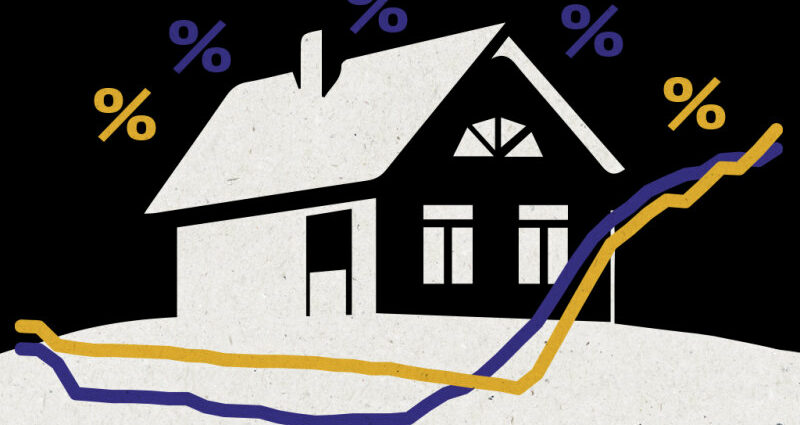Save articles for later
Add articles to your saved list and come back to them any time.
The dream of debt-free homeownership at retirement is slipping away for more people despite increasing super balances, leaving older Australians increasingly exposed to interest rate changes.
Australians aged over 50 are expecting to retire with more debt than ever before, according to research to be released on Tuesday by AMP, with the Australian Bureau of Statistics showing a fourfold increase in household debt levels for those aged over 55 in the past 20 years.
Household debt levels have quadrupled over the past two decades for Australians aged 55 and older.Credit: Marija Ercegovac
An AMP survey of 1000 Australians aged 50 years and older indicated only one in seven people believed they would be mortgage-free when they retired, and one in nine expected to have more than $250,000 in unpaid debt.
AMP retirement director Ben Hillier warned that more retirees laden with debt will be exposed to interest rate fluctuations, and pose a challenge in financial planning for later years.
“For as long as we can remember, the Australian dream has been debt-free homeownership, which provides the financial foundation and security for a comfortable retirement,” he said.
“While home values and super balances are increasing, research shows that more and more Australians will be retiring with increasing levels of household debt.”
Data from the ABS shows average household debt ballooned from $62,000 in the 2003-04 financial years, to $242,000 in the 2021-22 financial years.
Greater debts mean Australians are making lifestyle sacrifices to help cope with the rising cost of living and pressure to pay off their mortgages, AMP said.
The findings come as an S&P Global Ratings report released on Sunday showed late payments across the prime residential mortgage backed securities (RMBS) sector remained low.
While interest rate rises have increased home loan repayments, and cost-of-living pressures have weighed on household balance sheets, the report said low unemployment and a rebound in property prices were tempering late payments and losses.
‘While home values and super balances are increasing, research shows that more and more Australians will be retiring with increasing levels of household debt.’
S&P Global primary credit analyst Erin Kitson warned that increasing global uncertainty and the lagging effects of monetary policy tightening would “tilt risks to the downside” over the coming year, but that RMBS performance would remain mostly stable if the labour market remained robust.
Kitson expects interest rates to be nearing their peak, but said persistent inflation could keep them higher for longer, and that while unemployment was historically low, the full impact of consecutive rate rises on the labour market was yet to be seen.
She said housing affordability pressures could delay homeownership for many millennials, and that this demographic of future borrowers was likely to be more highly leveraged given high property prices, especially in capital cities, adding to household debt.
While property prices have been supported by constrained housing supply, S&P’s report showed the ratings agency expects price growth to moderate to about 4 per cent as a slowdown in economic growth weighs on housing sentiment.
The Business Briefing newsletter delivers major stories, exclusive coverage and expert opinion. Sign up to get it every weekday morning.
Most Viewed in Business
From our partners
Source: Read Full Article
-
CFPB Probe Highlights Problems With US Cross-Border Payments, Can Crypto Help?
-
Treasuries Close Little Changed Following Yesterday's Rally
-
Biden says he would use force as 'last resort' to keep Iran from nuclear weapons
-
U.S. urges appeals court to block Trump from reviewing classified records
-
Gold Futures Settle Sharply Higher


